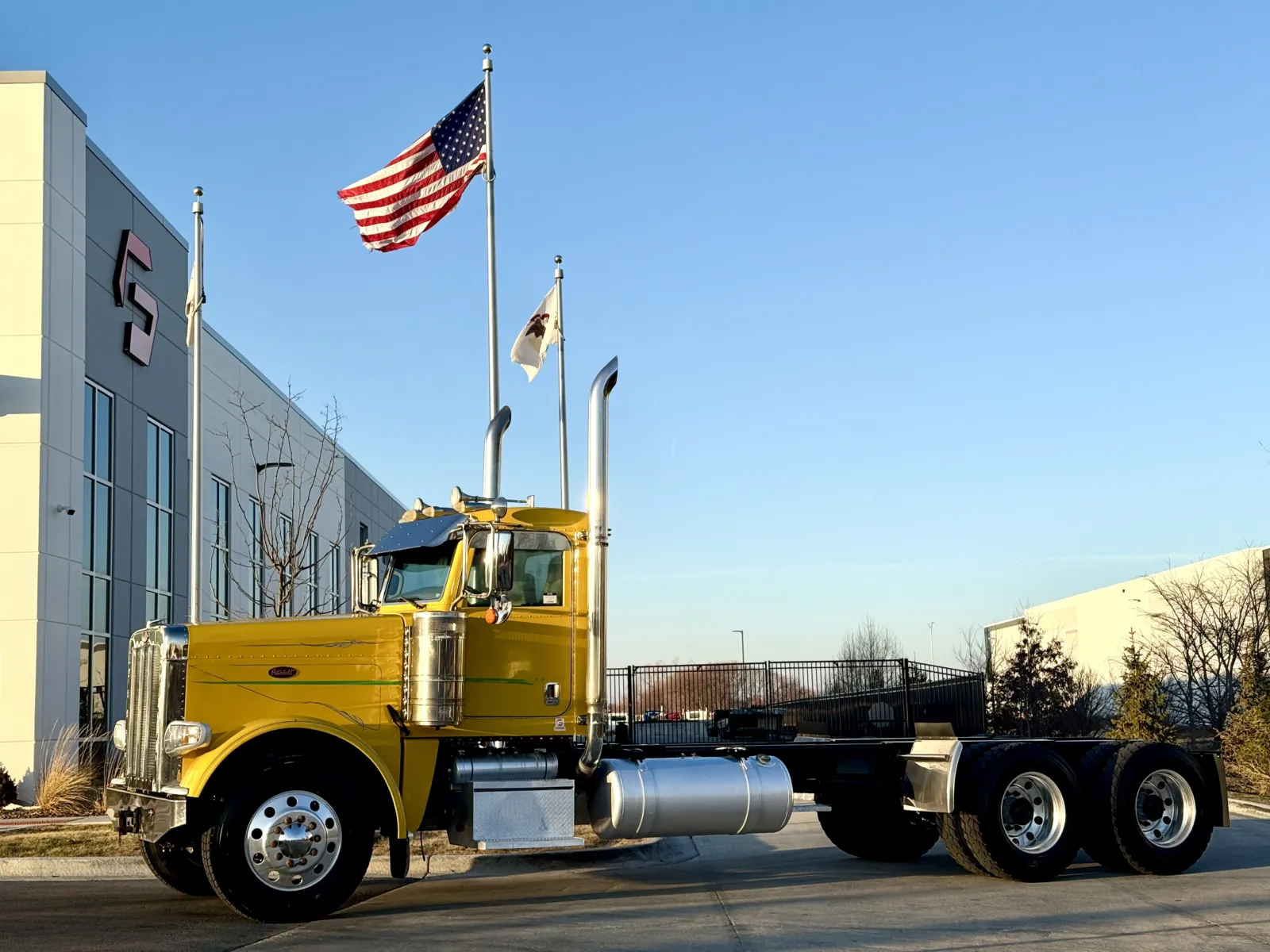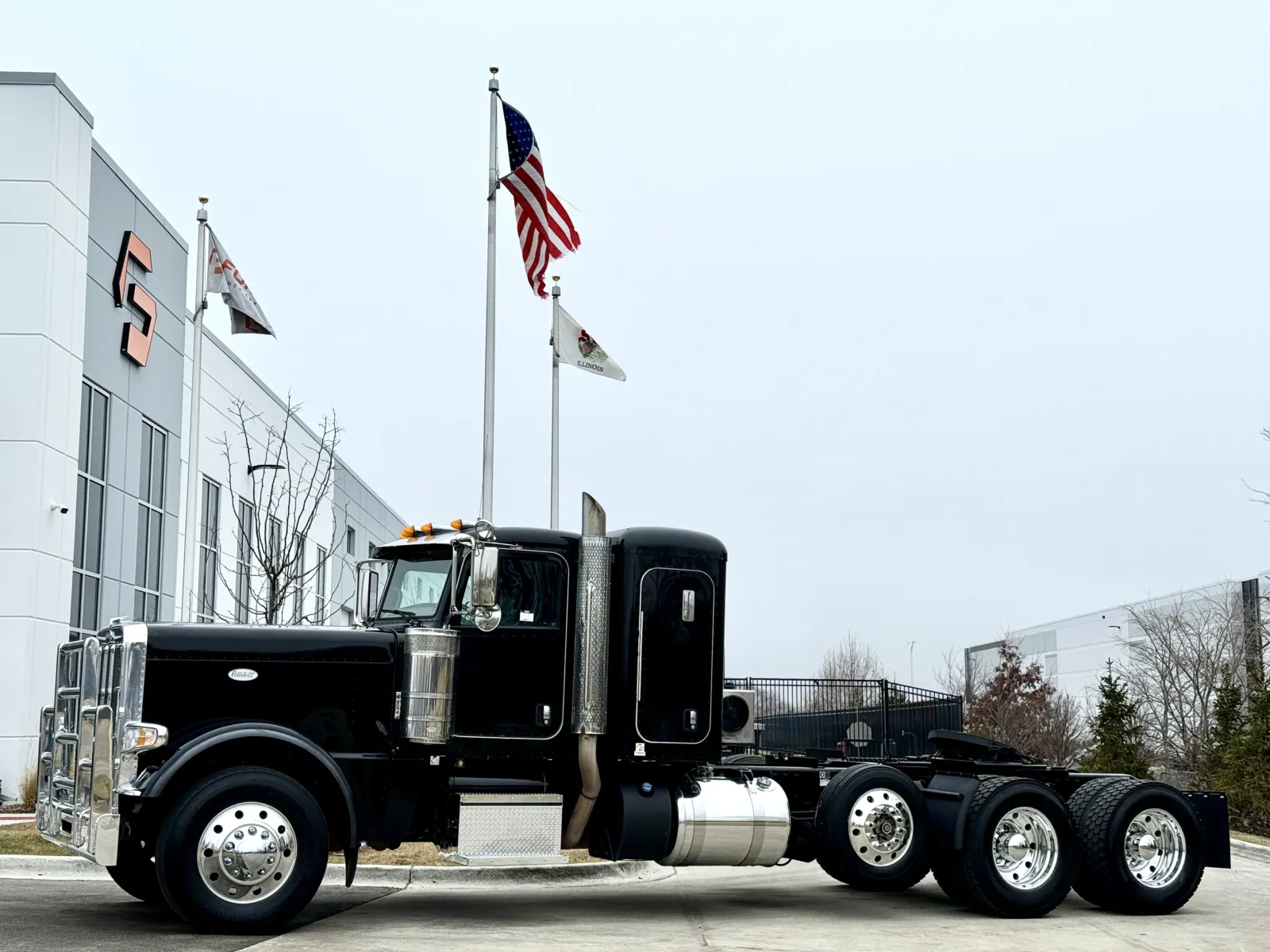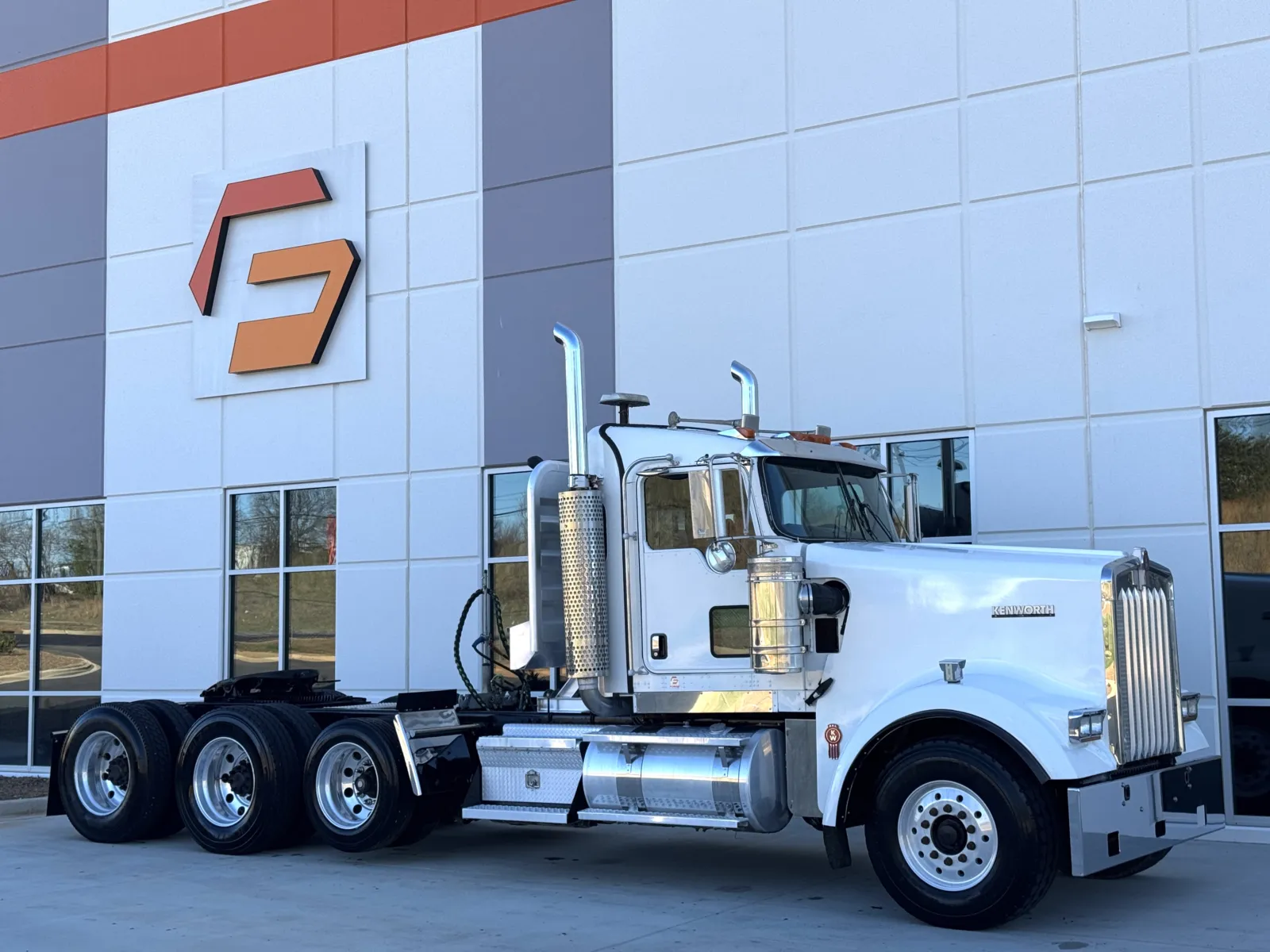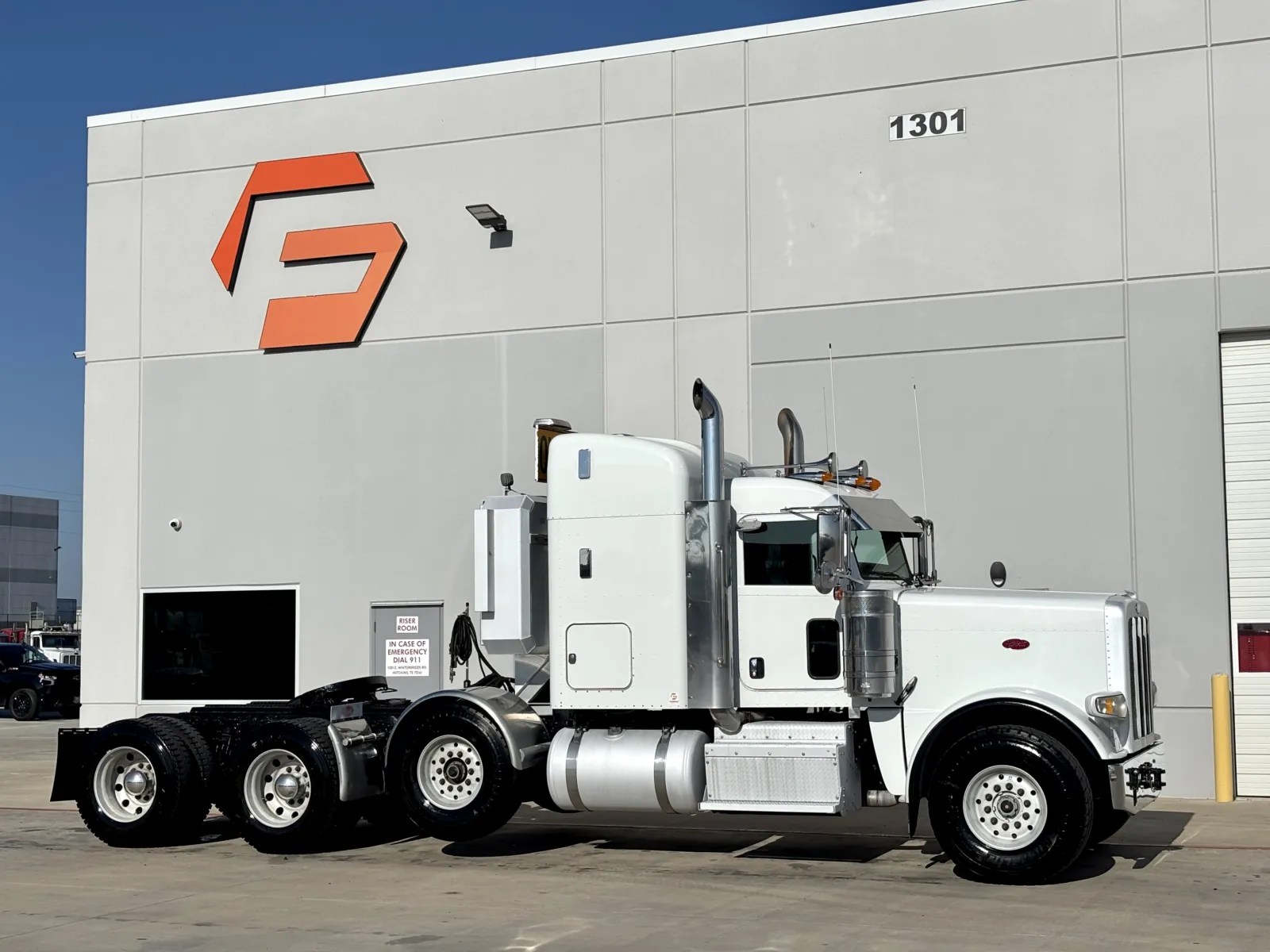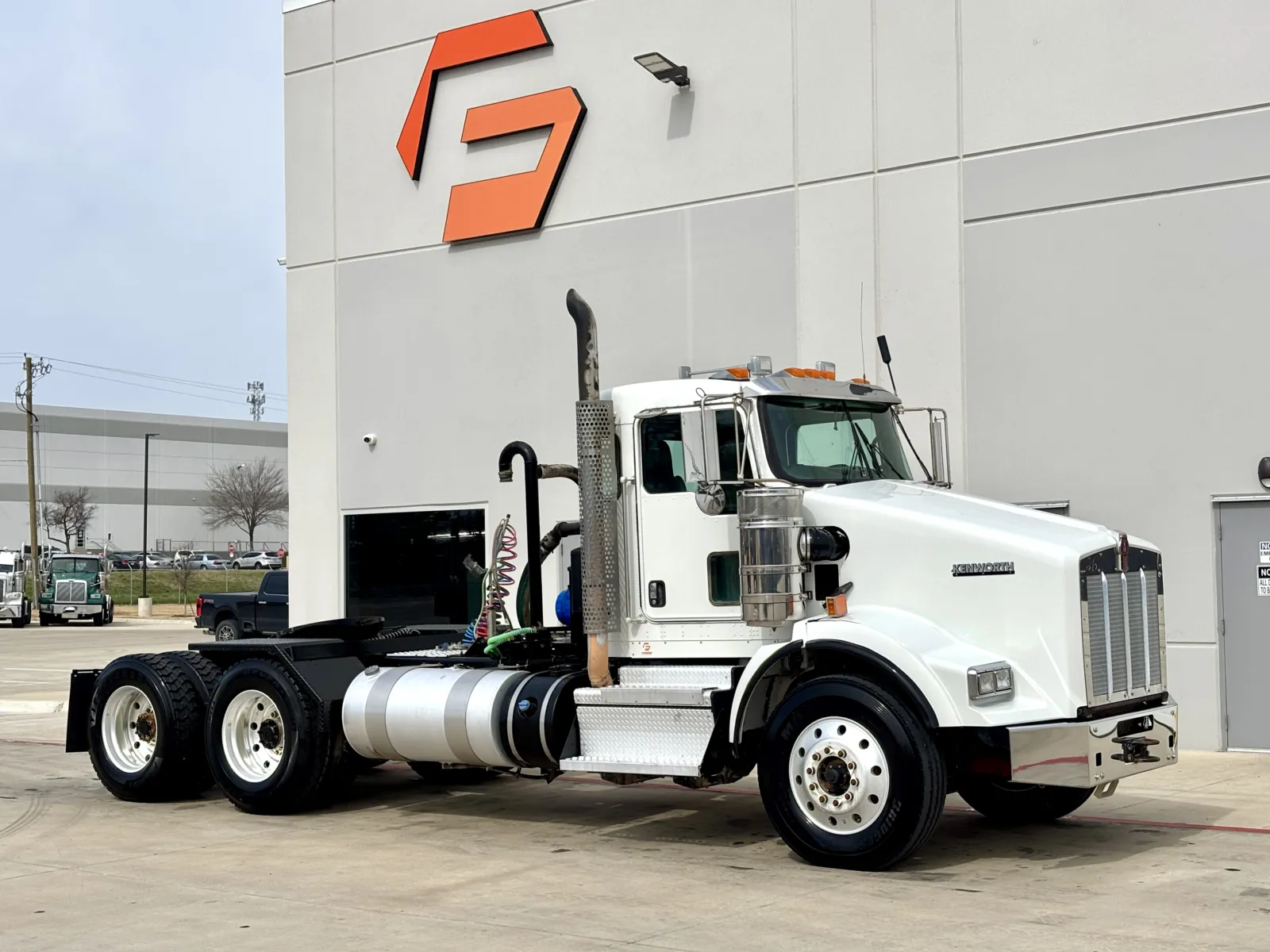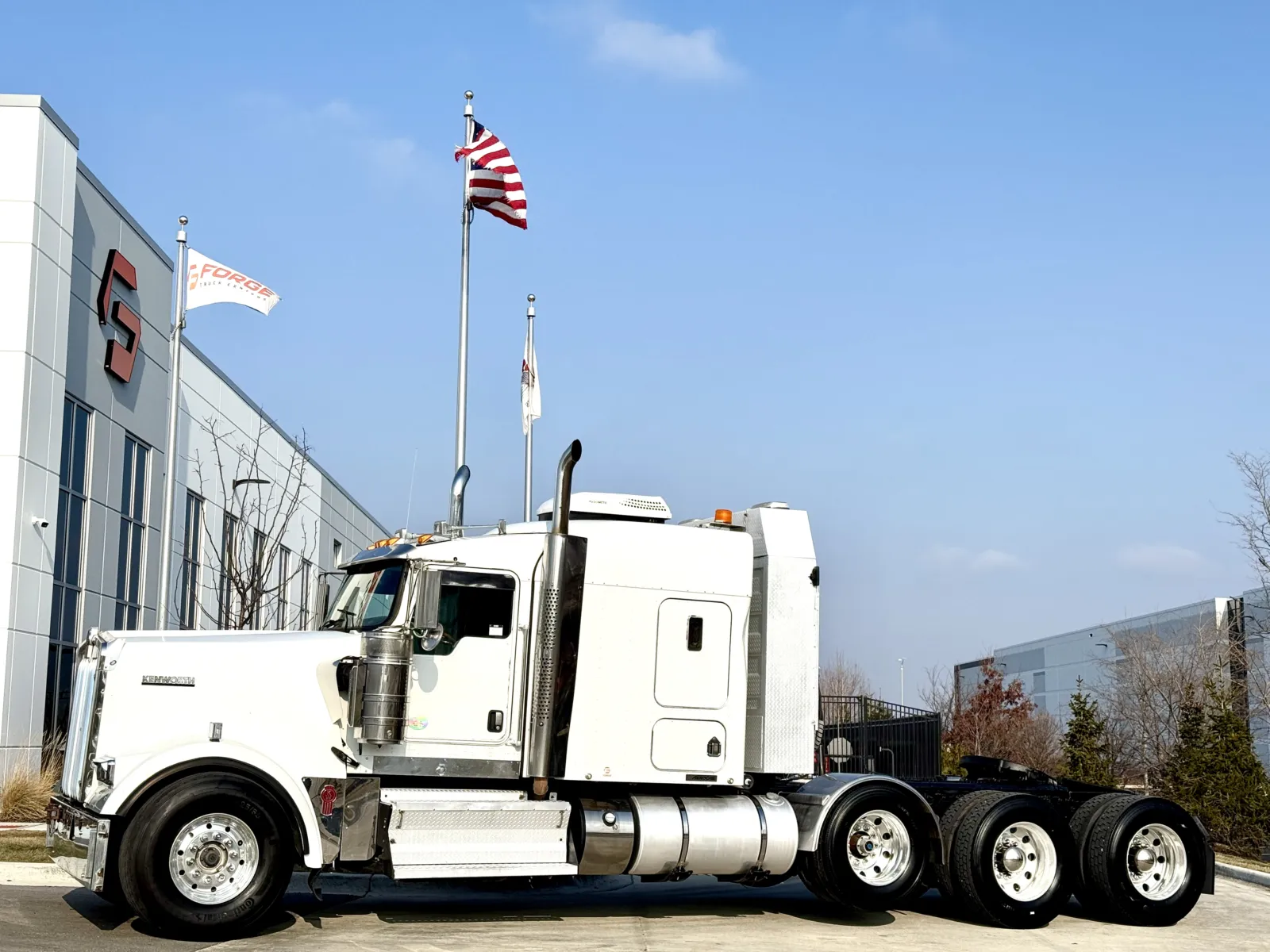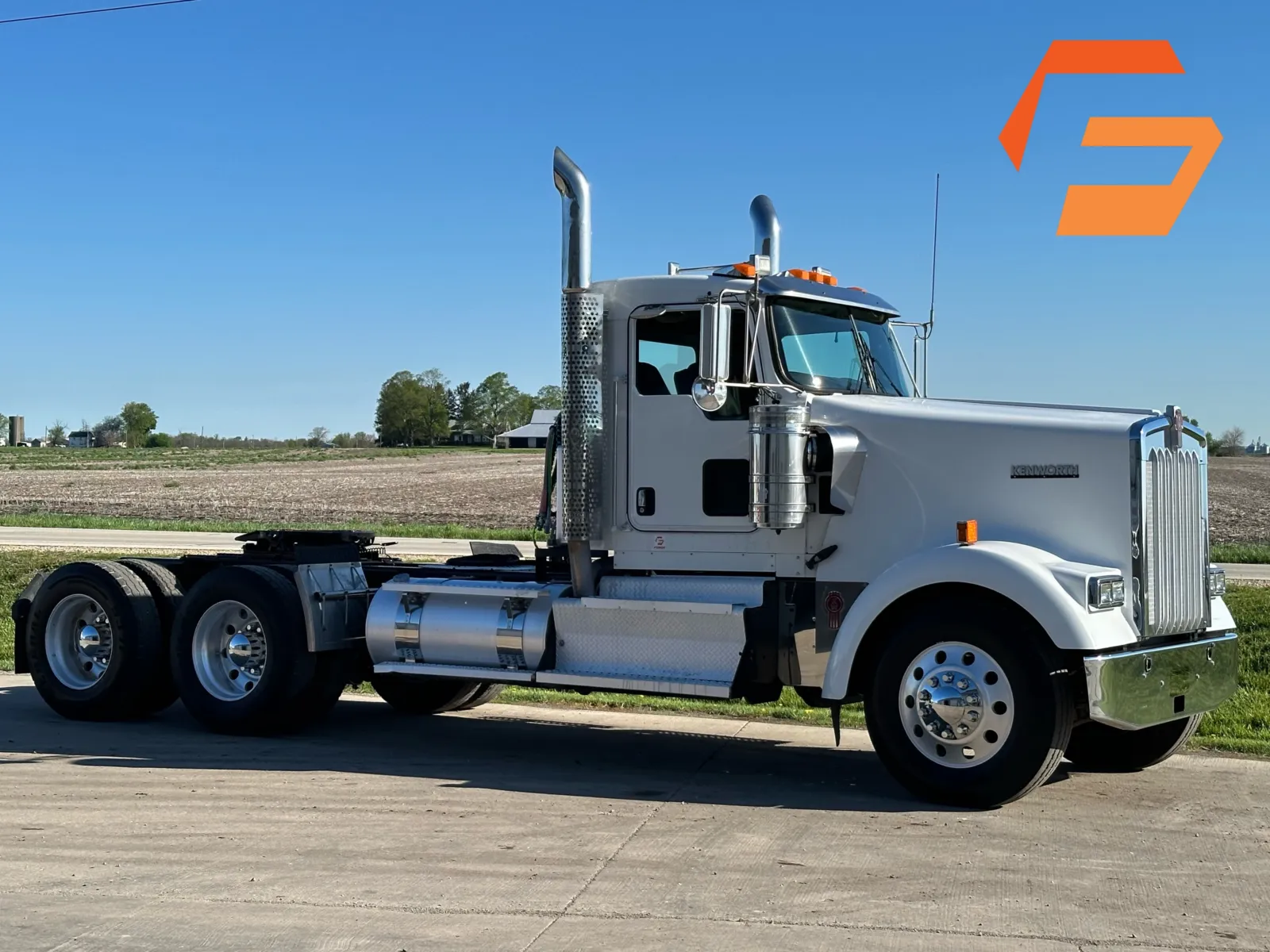Heavy Haul Made Simple: Key Specs and Tips for Choosing the Right Truck
Table of Contents
- Heavy Haul Made Simple: Key Specs and Tips for Choosing the Right Truck
- What is Heavy Haul?
- Heavy Haul Truck Specs: What Sets Them Apart
- Why Heavy Haul Matters in Today’s Economy
- Industries That Rely on Heavy Haul
- What to Know About Heavy Haul
- When Evaluating Your Next Purchase, Ask These Questions
- Heavy Haul Trucks at Forge Truck Centers
- Why Choose Forge for Heavy Haul?
Heavy Haul Made Simple: Key Specs and Tips for Choosing the Right Truck
- Heavy haul trucking moves oversized, overweight loads that require specialized Class 8 trucks and trailers.
- Common specs include 20K steer axles, 46K rears, full locking rears, auxiliary transmissions, and reinforced frame rails.
- Heavy haul trucks are essential across construction, oilfield, agriculture, municipal, mining, and logging industries.
- Choosing the right truck reduces downtime and increases profitability.
- Forge Truck Centers carries one of the largest inventories of specialized heavy haul trucks in the nation.
What is Heavy Haul?
Heavy haul is more than just big loads; it’s the art and science of transporting equipment that most trucks can’t handle. When loads exceed the standard federal or state limits for weight, height, length, or width, they move into heavy haul territory.
For example, a contractor moving a 150,000-pound crane, a municipality relocating an oversized excavator, or an oilfield operator hauling rig components is dealing with heavy haul. These jobs require trucks engineered with extra capacity, stability, horsepower, and torque, paired with specialized trailers that spread weight across multiple axles.
Unlike general freight hauling, heavy haul isn’t about volume; it’s about strength, durability, and compliance. It’s a niche within trucking that demands the right rigs and experienced operators.
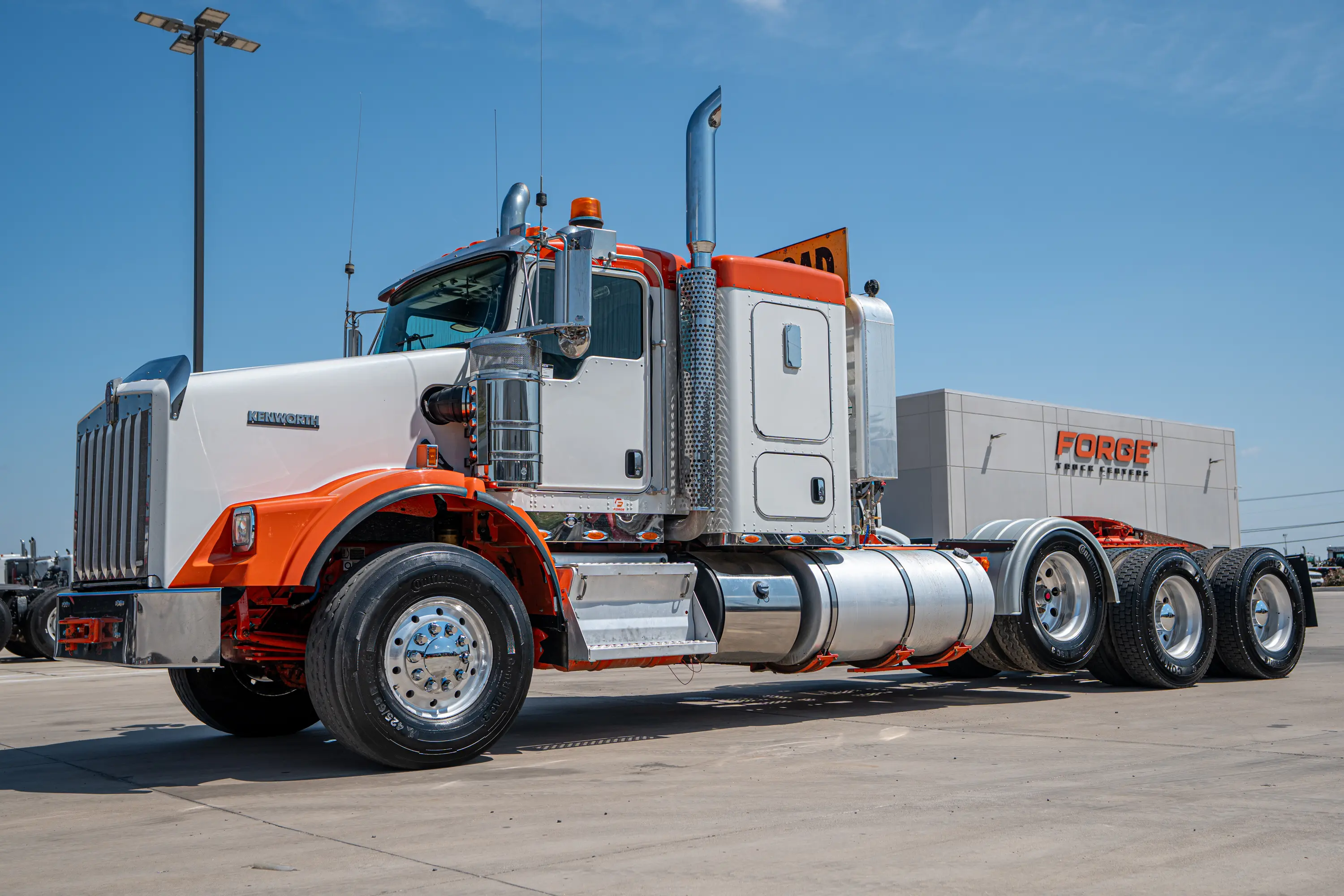
Heavy Haul Truck Specs: What Sets Them Apart
Not all Class 8 trucks are built for the same purpose. While a highway sleeper might haul groceries coast to coast, heavy haul trucks are designed for short-to-medium hauls with extreme loads.
Here are the specs that define a true heavy haul rig:
- 20,000 lb. steer axles – More front-end strength means the truck can handle greater weight distribution without compromising steering or safety.
- 46,000 lb. rear axles – The backbone of heavy haul. These rears provide the durability needed for oversized loads and challenging terrains.
- Full locking rears – Crucial for traction on gravel pits, muddy jobsites, or uneven ground. Lockers keep all wheels pulling together when conditions get tough.
- Auxiliary transmissions (a.k.a. “brownie boxes”) – Provide low gears and torque multiplication for controlled starts under heavy load.
- Heavy-duty frame rails – Reinforced steel rails ensure the truck can take the stress without bending or cracking.
- Lift axles or tri-drive setups – Spread weight more effectively, increase stability, and meet legal requirements in certain states.
These specs aren’t add-ons—they’re the core features that make a truck capable of true heavy haul work.
Why Heavy Haul Matters in Today’s Economy
Heavy haul trucks are the unsung heroes of modern infrastructure. Every bridge beam delivered, every piece of wind turbine equipment installed, every oversized dozer delivered to a construction site, chances are, it got there on the back of a heavy haul truck.
Without them, America’s infrastructure growth would stall. Highways, energy projects, and agricultural expansion all depend on the ability to move large equipment efficiently.
Heavy haul is also a profit center for fleets that specialize in it. These jobs often pay higher rates due to the specialized nature of the equipment and expertise required. But with those higher rates comes higher responsibility, and that’s where getting the right truck comes in.
Industries That Rely on Heavy Haul
1. Construction & Infrastructure
From transporting tower cranes to oversized bridge girders, construction companies rely on heavy haul trucks daily. As infrastructure spending grows nationwide, demand for specialized rigs continues to rise.
2. Oilfield & Energy
Oilfield trucking is synonymous with heavy haul. Rigs, pipes, tanks, and fracking equipment often exceed standard load limits, requiring trucks with high horsepower, torque, and strong frames.
3. Agriculture
Large combines, harvesters, and irrigation systems are oversized by default. Farmers and ag suppliers need heavy haul trucks to move this machinery across counties or states.
4. Municipal & Utility Services
City governments and utilities frequently move oversized equipment for road repairs, sewer projects, or power grid upgrades.
5. Logging & Mining
The roughest terrains demand the toughest trucks. Heavy haul rigs move timber loaders, rock crushers, and oversized excavators in and out of locations where standard trucks wouldn’t survive.
What to Know About Heavy Haul
Heavy haul isn’t your everyday trucking job; it’s a specialized part of the industry with its own rules and requirements. Here are a few key things every operator should keep in mind:
- Regulations & Permits – Oversized loads often need permits, and rules can change from state to state. Having the correct specs and paperwork keeps you in compliance and on schedule.
- Spec’ing Matters – A truck that isn’t built for heavy haul will spend more time in the shop than on the job. Features like 20K steer axles, 46K rears, and full lockers aren’t luxuries; they’re what make heavy haul possible.
- Routes Take Planning – Moving oversized loads means thinking ahead about bridge heights, weight limits, and restricted roads. The right planning makes every haul smoother and safer.
- Driver Experience Counts – Heavy haul takes a steady hand. Drivers with the right training and skill keep loads secure and projects moving.
- The Right Equipment Pays Off – Yes, heavy haul trucks and trailers are a bigger investment, but they deliver reliability, less downtime, and better profitability in the long run.
When Evaluating Your Next Purchase, Ask These Questions
- What type of loads will I move most often?
- A truck hauling lowboy trailers with excavators may need different specs than one moving oversized ag equipment.
- What’s my operating region?
- States like Michigan allow heavier axle groupings (Michigan Specials), while others have stricter limits. Your specs must match your geography.
- Do I need specialized axles or transmissions?
- A tri-drive setup or an auxiliary transmission may be critical depending on your work.
- Am I prioritizing uptime or cost savings?
- A cheaper truck with the wrong specs will cost more long-term than a properly equipped heavy haul rig.
- What brands and models are proven for my industry?
- Models like the Peterbilt 389, Kenworth W900, Mack Titan, and Western Star 4900 are heavy haul staples for a reason.
Heavy Haul Trucks at Forge Truck Centers
Forge Truck Centers is built around one mission: helping fleets and operators get the right truck, right now. With over 300 specialized Class 8 trucks in stock, we carry:
- Peterbilt 389 & 379 – Iconic heavy haulers known for durability and driver pride.
- Kenworth W900 – “The icon of the road,” perfect for logging, agriculture, and big-haul jobs.
- Mack Granite & Titan – Rugged, high-clearance trucks built for construction and oilfield.
- Western Star 4900 – A tough, underrated workhorse in heavy haul.
- Kenworth T800 – Reliable vocational truck built for versatility and power.
Why Choose Forge for Heavy Haul?
- Unbeatable Inventory – One of the largest selections of heavy haul and vocational trucks nationwide.
- Experience You Can Trust – Our team knows what specs matter and how to match them to your business.
- Seamless Buying Process – From financing to shipping, we make the process straightforward.
- Nationwide Reach – Based in Illinois and Texas, with expansion on the way, we serve customers coast to coast.
Heavy haul isn’t just a type of trucking; it’s the backbone of America’s infrastructure and industries. The right specs, the right trucks, and the right partner make all the difference between a fleet that thrives and one that struggles.
At Forge Truck Centers, we’re proud to carry one of the largest inventories of heavy haul trucks in the nation.
Looking for your next heavy haul truck?
Browse Our Heavy Haul Inventory or call 877-382-0070 to talk with a Forge sales expert today.


